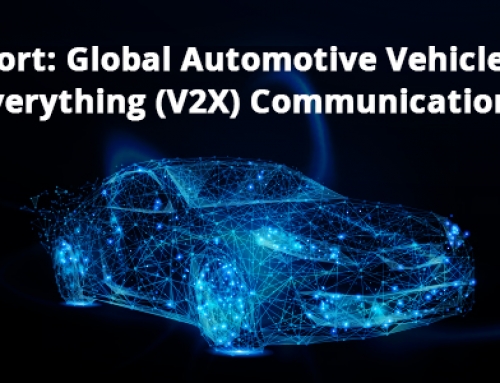By 2021, half of the taxicabs on the roads of Dubai will be hybrid cars, the Roads and Transport Authority (RTA) had declared.
The move, part of a strategy to decrease carbon emissions of the taxi division by 2%, was inspired by the deregulation of fuel costs and feasible hybrid-electric vehicles.
The Roads and Transport Authority (RTA) announced that 791 taxis will be added to the squadron of hybrid taxis this year.
The hybrid taxi fleet was built-up last year after 147 hybrid taxis were added to the existent cars. Also, the amount of hybrid taxis will grow to 1,582 by 2017, and to 2,375, 3,959 and 4,750 in the ensuing three years, respectively.
For example, while the average vehicle utilises about 12.5 litres to cover 100km, hybrid vehicles need about 8 litres to progress the equivalent range.
The quantity of carbon emissions produced by the conventional vehicle is calculated at 182kg per day, whereas the hybrid vehicle produces about 121kg of carbon emissions per day only.
The RTA is the primary entity in the area to welcome the initiative of exploring the development of hybrid vehicles as a part of the taxi fleet in 2008. Hybrid taxis was launched by the RTA for the initial time in 2013, employing 20 Toyota Camry Hybrid automobiles on the roads.
Studies revealed that substituting all taxicabs in Dubai with hybrid cabs would lessen carbon emissions by 230,000 tonnes per annum, which helps in saving roughly about 47 Million USD.
As for oceanic transportation modes, the RTA has started the development of CNG-powered ‘Abras’ (A type of ferry used for water transits) rather than the quintessential diesel-powered units, to live up to its dedication for promoting nautical transit assistance between the two banks of the Dubai Creek.
In 2013, the RTA deployed 7 electric-powered Abras furnished with electric engines instead of the conventional diesel engines, and the scheme was widened to accommodate a total of 17 Abras.
The project succeeded in diminishing the carbon footprint by more than 3,000 tonnes annually.
Experts at the Electric Vehicles UAE convention asked for higher incentives and greater federal level integration patterns to trigger a transformation towards green mobility.
Closing in on the end of an important announcement delivered by the Dubai authorities, that intended to encourage the use of zero-emission transportation, a committee of specialists requested for a federal level programme of grants along with an integrated platform of charging amenities.
Recently, the Dubai Supreme Council of Energy (DSCE) published a list of incentives to support the adoption of zero-emission electric cars, including free charging until 2019, free parking in assigned green parking zones and a free ‘Salik tag’.
The federal administration has mandated all its clerics and federal government offices to substitute 10% of its squadron with EVs, while the extended agenda is to replace 20% of every government body vehicle with an EV.
In Dubai, the government has entrusted all of its branches and bureaus to increase its fleet by 10% before the end of 2020.
According to DSCE, an approximate 2,100 EVs will be entering the Dubai Government’s squadron by 2020.
The DSCE also targets a 2% change to zero emission, with about 34,000 anticipated to enter Dubai roads by 2020.
Currently, Dubai has 274 EVs and 431 hybrid vehicles enrolled in the Emirates.
As the government established a series of roadmaps and integration plans to reduce its global carbon footprint and shift the public transportation division towards using HEVs and EVs, the centre has also urged solution providers and organisations to make great changes in their automotive designs for a greener tomorrow.
World Mobility Show, an event taking place from 6 – 7 March 2019 in Dubai, is highlighting the Middle East’s vision to completely transform Transportation and Smart Mobility Solutions in the region. The event has partnered with Global automotive leaders like the Ford Motor Company and short-transit autonomous (self-driving) vehicle manufacturer EasyMile.




Leave A Comment